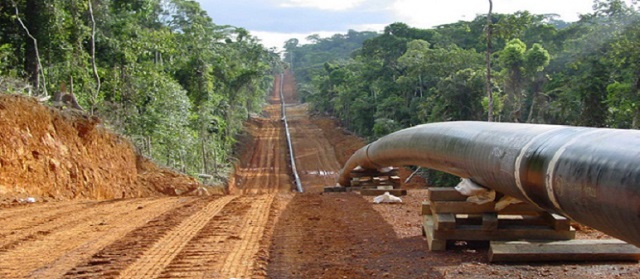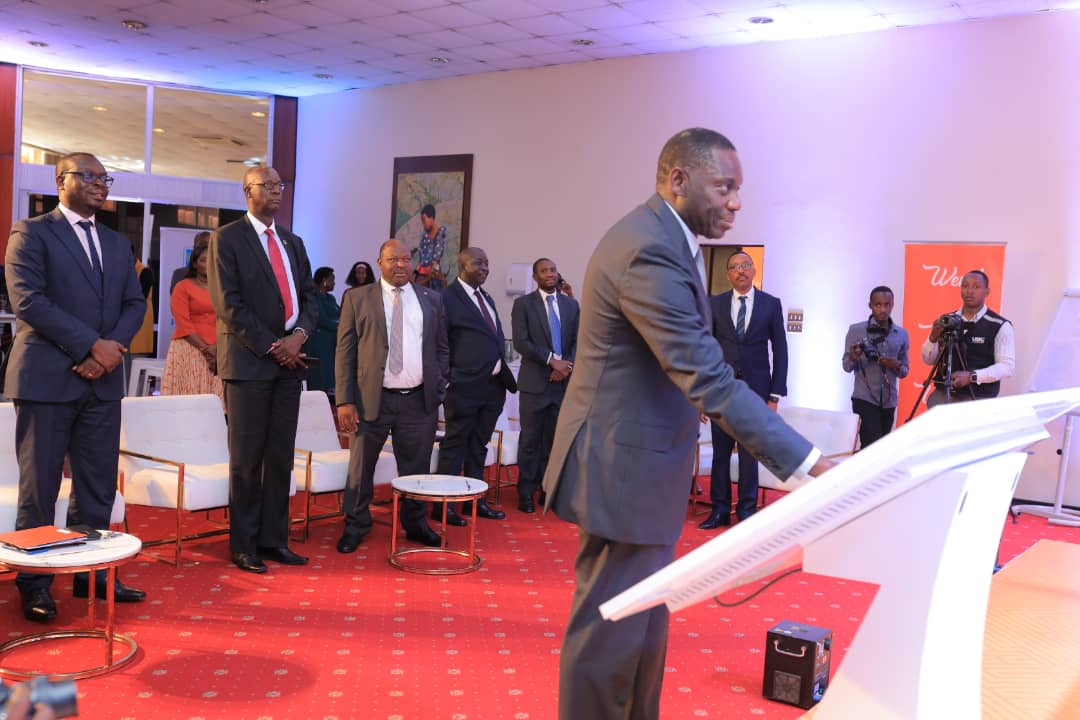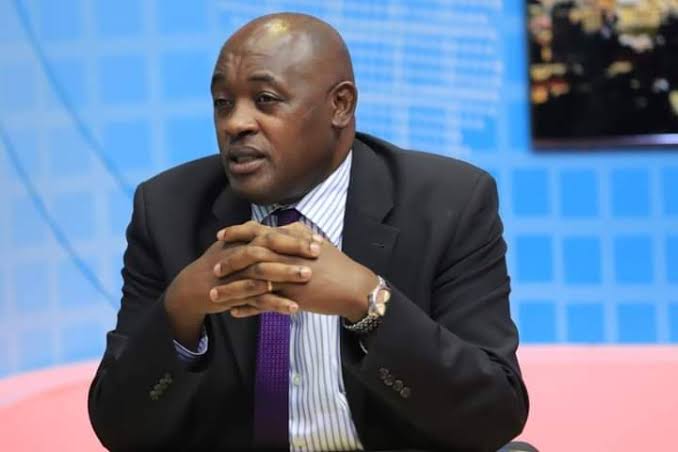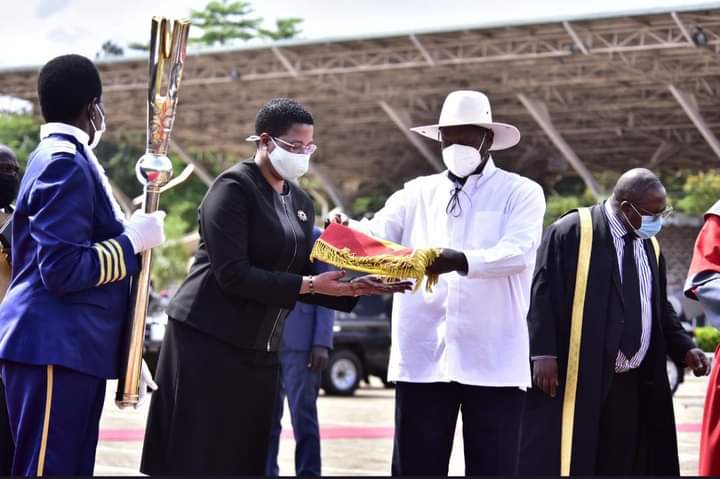Human Rights Watch (HRW) has called upon the Ugandan government to drop all charges against activists who staunchly protested against the East African Crude Oil Pipeline (EACOP) project.
In the heart of Uganda’s bustling capital, Kampala, a group of fearless student climate activists stood poised to defy the oppressive forces that sought to stifle their fervent voices.
These intrepid souls, nine in number, were about to face the unforgiving judgment of a Kampala court, accused of nothing more than the preposterous charge of “common nuisance,” all for their valiant stand against a proposed oil pipeline.
A year prior, their arrest had been a thunderclap of injustice, a grievous wound inflicted upon those who dared to march in solidarity, bound for the European Union’s mission, armed only with a petition in support of a resolution from the European Parliament.
This resolution was no trifling matter, for it raised the alarm on a looming environmental catastrophe, denouncing the ambitious EACOP and urging vehemently against its very existence.
For just days earlier, another group of students had rallied in support of this resolution, and what did they receive? Police protection! A cruel juxtaposition that spoke volumes about the twisted priorities of those in power.
The charges against these activists were as baseless as they were politically charged, a malevolent cloud hanging over the very essence of justice. The unfounded and politically motivated charges against the activists should never have been brought, ought to be dropped, and will hopefully be dismissed, HRW urges.
They stood as stark symbols of an ominous trend, a chilling escalation in the threats against the valiant human rights defenders of Uganda, daring souls who dared to challenge the formidable might of the nation’s oil sector.
These activists, these modern-day heroes, raised their voices in unison against the impending doom that the pipeline project promised. Activists in Uganda have heavily criticized the pipeline project because of the risks it poses to the environment, local communities, and its significant contribution to climate change.
They foresaw the perils it held for the fragile ecosystem, the vulnerable communities, and the calamitous contribution it would make to the impending climate catastrophe.
Imagine, if you will, the scale of this monstrosity, this fossil fuel behemoth, destined to be one of the most colossal projects of its kind on a global stage. If built, it will be one of the most substantial fossil fuel infrastructure projects globally.
Uganda’s grandiose plans for oil development spanned the expanse of hundreds of wells, and at its very heart, a beast of a pipeline, stretching a staggering 1,443 kilometers—an inferno of heated crude oil coursing through its veins, the longest of its kind ever conceived.
And yet, in the face of this looming peril, the Intergovernmental Panel on Climate Change had sounded the alarm, a clarion call to halt such projects if the world was to stand a chance of meeting the goals set forth in the Paris Agreement, a desperate bid to stave off the direst consequences of our changing climate.
This week, the beacon of hope that was Human Rights Watch cast its piercing light upon the shadows of Uganda’s oil development. It released a report documenting arrests, threats, and other forms of harassment against those who raise concerns about Uganda’s oil development.
Their report was a damning indictment of arrests, of threats that hung heavy in the air, of a harrowing litany of harassment faced by those brave enough to speak out.
And let us not forget the cruel machinations surrounding the land acquisition, a sordid tale of paltry compensation, of undue pressure, of intimidation, and the vile specter of legal retribution for those who dared to refuse the pittance offered.
The arrest and prosecution of those who dared to raise their voices against a project that threatened to displace over one hundred thousand souls was an abomination, a stain upon the already tarnished reputation of this endeavor.
Arresting and charging protesters for voicing their concerns about a project that will displace over 100,000 people and exacerbate the climate crisis is wholly unacceptable and only serves to further tarnish the project’s already tainted reputation, says HRW.
In the chambers of justice, the hopes of a beleaguered nation rested, as they prayed for Ugandan judges to rise in defense of human rights, to cast aside these spurious charges, and in doing so, to reclaim the flickering flame of justice that threatened to be extinguished.
Do you have a story in your community or an opinion to share with us: Email us at Submit an Article








